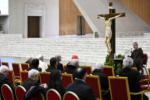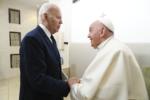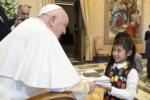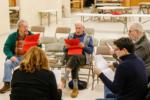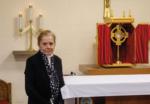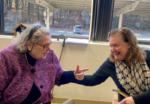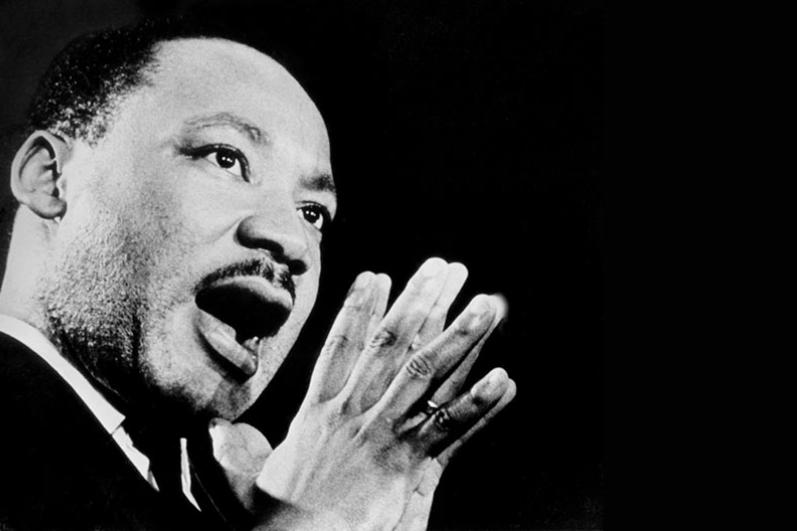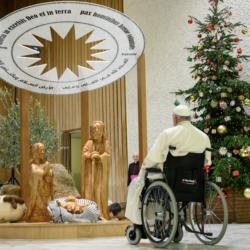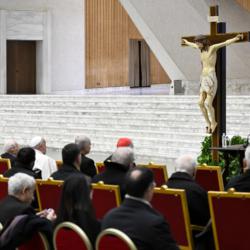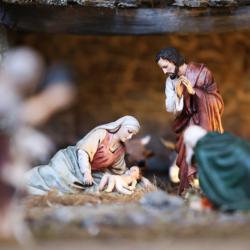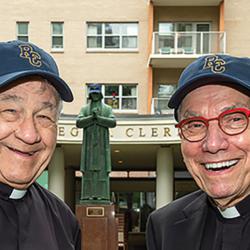60 years after the march, Martin Luther King's dream lives on
60 years is a very long time -- a lifetime for many people. Yet the event that occurred 60 years ago and that we commemorate this week, the March on Washington, has to embrace years of struggles, accomplishments and exasperation. The quarter of a million people who gathered in front of the Lincoln Memorial to listen to and to be inspired by the words of Dr. Martin Luther King, Jr. were not disappointed with the loftiness of his rhetoric. Portions from that celebrated speech have been quoted numerous times during these past six decades. Many people consider the speech itself to be among the most historic and eloquent statements ever made by any prominent American social leader.
While the speech itself is iconic, many of the challenges that it contained are as yet not completely fulfilled. We Americans have made noteworthy progress in the areas of social justice. People of Color have since attained positions of authority unimagined in 1963. Still too many Americans, however, await the realization of the dream referenced to in Dr. King's speech. Far too many people in this great nation do not feel comfortable with each other across races, economic classes, religions, political affiliation, language, or sexual orientation.
Some might suggest that the many accomplishments of the past 60 years ought to have quenched Dr. King's aspirations. His dream was never for the achievements for a few, but for the emancipation of all Americans from fear, poverty, hatred, violence and threats. And clearly we are not there yet. Sadly, each day the broadcast news and social media platforms confirm just how far we have to go to bring that dream to fulfillment.
Those living today who were present at the Lincoln Memorial in 1963 have important stories to impart -- not simply as witnesses to history but by recalling the enthusiasm and the hope that dominated that wondrous event. We should listen to them and take courage in their voices. Today's young people, in a special way, need to recapture the hope that was electric during the March on Washington in 1963. Theirs will be the challenge of working to achieve what remains incomplete from the words of Dr. King.
Much of Dr. King's oration was dedicated to the young and referenced them. His oratorical skill painted an amazing image of our nation, citing places and monuments that captured the imagination of his listeners. I have been blessed to have lived in many of the places to which he made reference and to have seen glimmers of the fulfillment of his dream. However, for far too many people, Dr. King's vision for America remains "a dream deferred" [Harlem, by Langston Hughes].
Nevertheless, I know, as does every honest person, that we have not thus far reached the final victory of our nation's promise. Still, we cannot lose hope because all has not yet been accomplished. The great men and women of every race, culture and creed who came to stand before the Lincoln Memorial 60 years ago deserve our allegiance to the principles that inspired them -- and can and should inspire us as well. His dream is still alive!
CARDINAL WILTON GREGORY IS THE ARCHBISHOP OF WASHINGTON, D.C.

